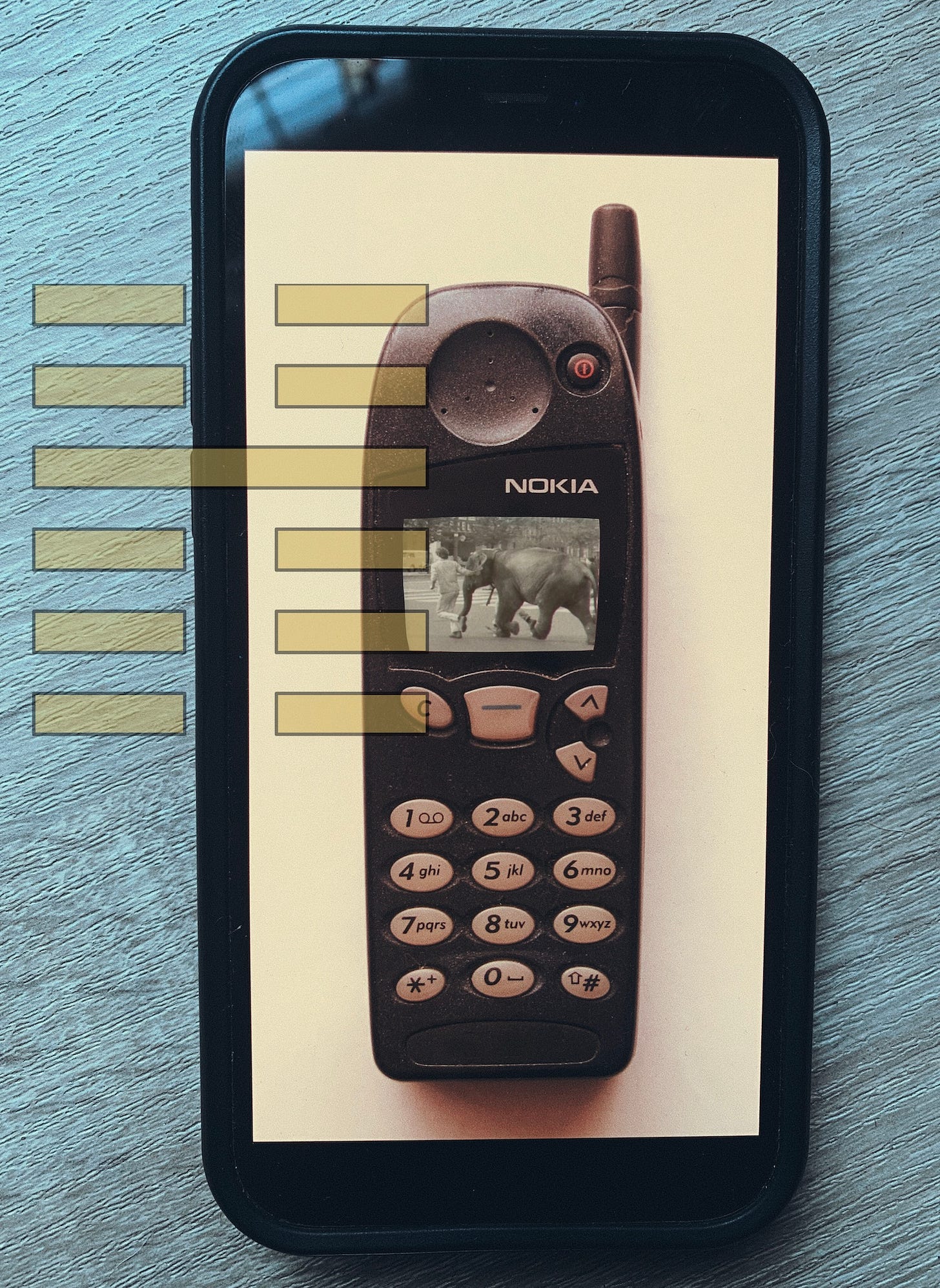This post has been translated from Dutch into English with DeepL. It will be manually edited and streamlined soon.
THE IMAGE of two trigrams: Earth below, Thunder above. The receptivity of Earth combined with the excitement of Thunder. A fireworks show, an opening ceremony, a fantastic circus performance, a sparkling party. Thunder over Earth as the image of Intensity.
THE IMAGE of the hexagram: one yang line among five yin lines - one central source of entertainment, one speaker, who finds a grateful audience around him. A trendsetter, a ringmaster, a politician on the election trail, a demagogue, a thunderous speech. You know: nothing is more fleeting than fashion and trends, nothing is thinner than political promises. But yes, it all sounded really good, and everyone was hugely enthusiastic. When the experience is intense, you want to be there, you follow!
Leading I Ching translations use names like Enthusiasm, Delight and Contentment as title for this chapter. What they have in common is that they are in everything the antithesis of the previous chapter 15. Modesty. This was represented by a Mountain beneath the Earth: abilities, talents and qualities that are deliberately kept in the background. This chapter, Intensity, describes precisely that which shows itself in full public view, which goes into the limelight and generates enthusiasm and excitement.
Richard Rutt, in his I Ching translation, chose a different naming for this chapter: Elephant. Part of the Chinese character Yú represents a prancing elephant, an animal native to the forested south-west of China. An elephant as a symbol of generating enthusiasm.
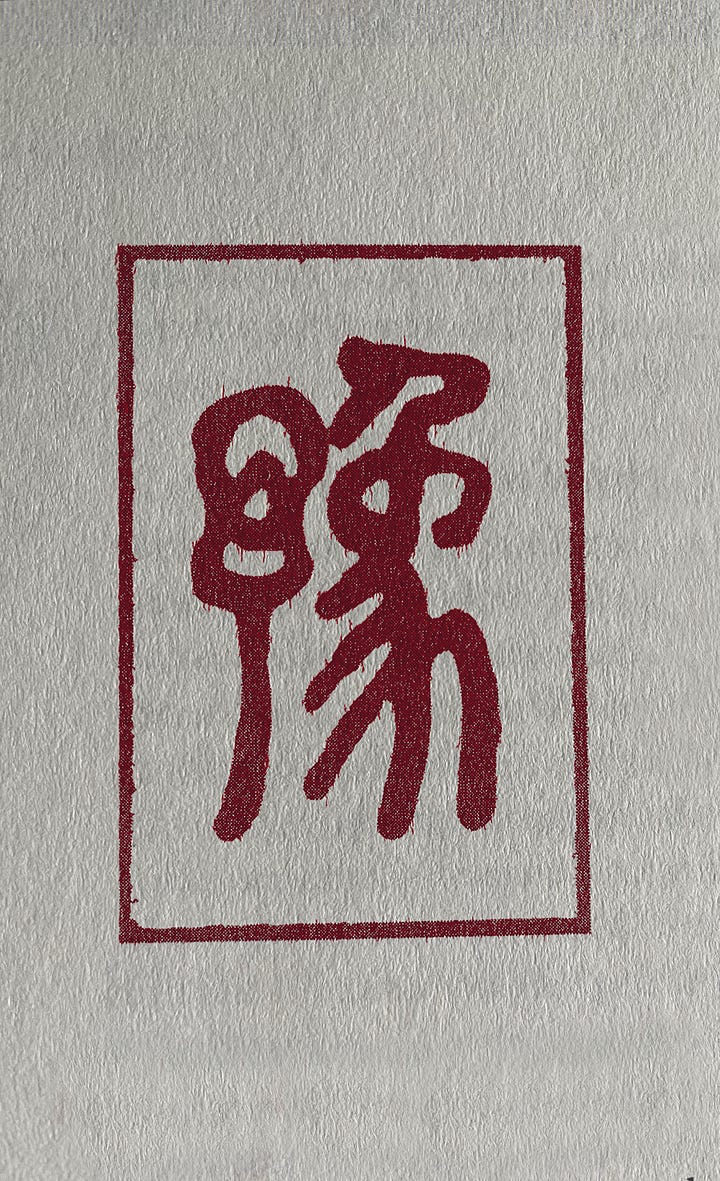
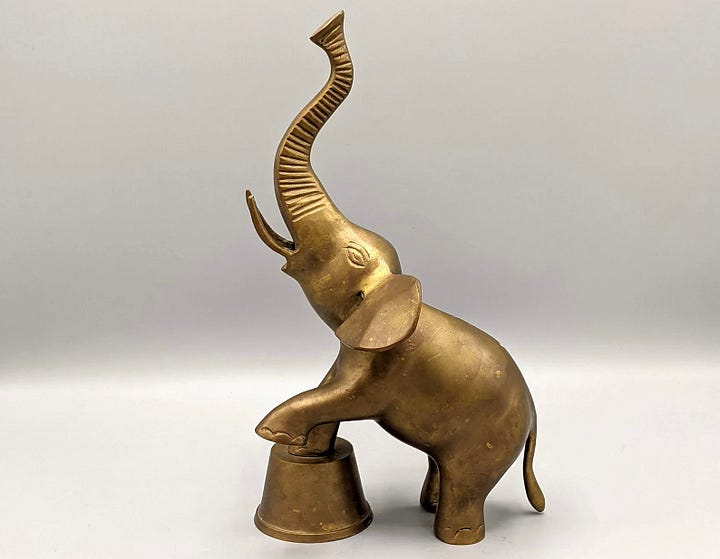
The ideograph of this gua (hexagram) is a very old form consisting of two parts. The left portion is an ideograph of yü, which means hand out or give something away. There are two hands at the top and a vertical straight line connected to the lower hand, representing the arm. Between the two hands there is a little object. Taken as a whole it is a picture of the act of giving and receiving. The right portion of the ideograph represents an elephant, xiang. The elephant is standing upright on two rear legs with the tail touching the ground. The two front legs are held up in the air. The head of the elephant is looking forward with the long trunk curling upward. In the past there were elephants in the southern part of China, though they no longer exist there. In southern China, elephants were trained to help workers carry heavy things, but in the north they were trained for the purpose of giving people pleasure and delight. People performed a kind of dance known as the elephant dance, which King Wu was fond of. The two parts of the ideograph together mean delight—enjoyed by oneself or given to others.
Alfred Huang - The Complete I Ching
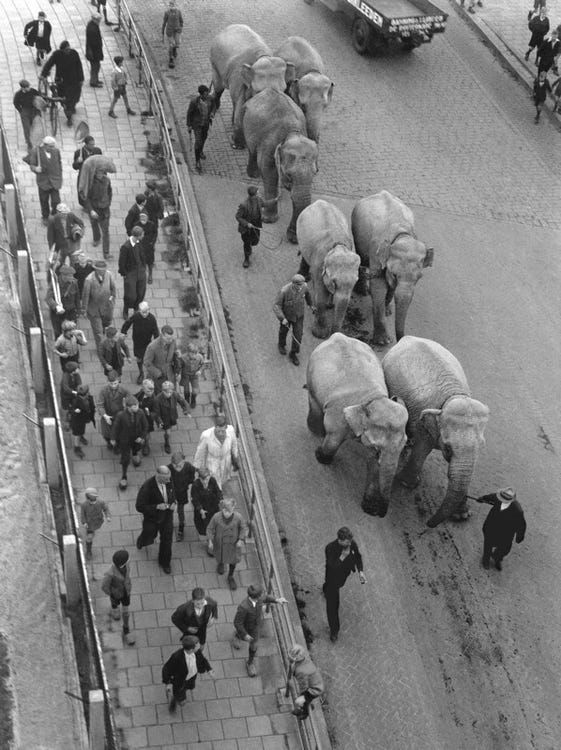

For many years the venue of my classes was located in a 19th-century building just outside the centre of Amsterdam. It had originally been used to store oats and other food for horses, at a time when they were a vital link of transport in the city. Right next to the building's gate, a large weighbridge had been constructed, on which incoming and outgoing grain and other products could be weighed. Later, when horsepower had been replaced by motorised traffic, the building was used for other purposes, but the large scale remained and was given another, rather special function. It was the only scale big enough to weigh the elephants of the nearby Artis zoo. Once a year, one of those elephants, accompanied by an attendant, would walk across Plantage Middenlaan, Sarphatistraat and Weesperzijde to the scales to be weighed. Out in the morning and back home in the afternoon.
But of course, they didn't have such a big scale at Artis. So they made an arrangement with a garage owner on the Weesperzijde, where they could use his weighbridge. And so Willem walked through the city together with an elephant: 'You just grab it by its ear, apart from that it just walked free. It was a trained elephant from India, you could just take it with you.'
Click here to watch the small interview with former Artis attendant Willem Meijlink - NHNieuws
What an excitement there must have been on that day! You can imagine, the elephant with a procession of children following him. Along with the brass band! Enthusiasm makes following. So after chapter 16. Intensity comes chapter 17. Following.
But suppose, an elephant passes by every day - after a while you've seen it. Or it has to be a whole herd of those animals - but in time you get used to that as well, elephants in the street become part of the everyday grind. And would it break the boredom if they all paraded while trumpeting, all with a monkey on their back, or occasionally walking a bit on their hind legs? Things have to get crazier and more extravagant to still excite the mind. For one ordinary grey elephant early Monday morning, I won't get out of bed for that any more.
As it happens, the human mind quickly becomes accustomed to the unusual and exciting and demands more and stronger entertainment to avoid becoming jaded, a craving for ever-higher intensity. Be it elephants, fireworks, chocolate, applause, likes, sex, booze, music, bungee jumping or travelling - the initial release of feel-good hormones won’t repeat when a similar event is being experienced. Soon, the mind starts looking for stronger stimuli to experience the excitement of that amazing first time again. Oh ... that first time, that first elephant, that first kiss, that first applause!!! What follows is an ardent desire to reproduce the pleasure, the sensation of the first occasion. Innocent and genuine arousal is followed by a compulsive search for repetition. Seeing one single grey elephant is no longer enough for a dopamine rush.
Delight has become our own version of an omen: if it feels right, if everyone gets excited, if the crowed is roaring and the fireworks are exploding, we think we are doing the right thing. Popularity has become the standard for everything we do. Entertainment, eating until we are bloated, chasing the wild colors of circuses and the loud music of our favorite singers—all these are our new standards. Yes, we should be passionate about our lives, we should feel involved, and we should choose a life path that makes us feel absolutely terrific. Our problem is our central subject: change. When we lose enthusiasm, or when we fail to combine our enthusiasm with wisdom, we become confused and lose our balance. The most significant trouble in measuring ourselves against delight is actually those who enjoy it: us. We grow tired of the delightful. Where we once loved the storytellers, we may one day judge them dreadful and dull. Where we once chased after beautiful lovers, we may one day find them ugly and tiresome.
The Living I Ching- Deng Ming-Dao
The experience of freedom that accompanied a camping holiday in a tiny tent was followed by a re-experience of that freedom during a subsequent holiday in a slightly larger tent. After several decades, it took the stimulus of a fancy motorhome to evoke the same degree of freedom and contentment. The first grey elephant among television sets soon lost its magic and, in order to evoke the same sensation, had to be replaced by increasingly fancier ones. And in retail, the offer became enormously diverse, the choice ever greater - the customer simply demanded it.




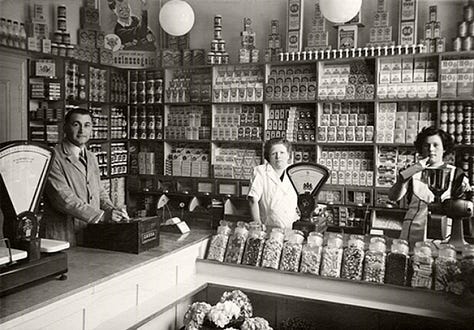


Take a few steps back to properly see the sliding scale of enthusiasm, pleasure and intensity. To observe the fascinating mechanism of the 'shifting baseline'. Was it really the customer demanding for the gadgets?
Or let Dr Anna Lembke speak about this phenomenon. She wrote Dopamine Nation and knows better than anyone to make it clear that addiction is not the exclusive domain of a junkie. At work in all of us is the neuro-hormonal mechanism that makes us crave repetition of pleasurable experiences (and makes us run away from the impending repetition of unpleasant experiences).
The mechanism of seeking ever-higher intensity requires moderation, the ability to keep enjoying the occasional grey elephant that comes walking down your street one morning every year. Even if it walks by again in the afternoon on the way home.
You are welcome to leave a comment or idea here in response to this post!

